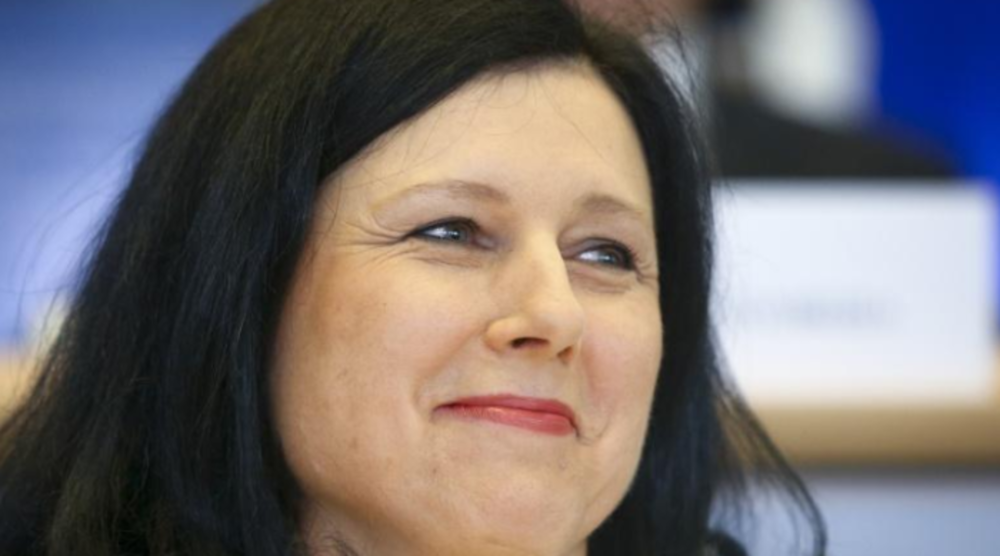U.S. businesses will soon need to commit to “robust obligations” in the handling the personal data of European citizens. This will include oversight mechanisms in a “Privacy Shield” agreement hammered out by American and EU negotiators. The announcement of the new accord was made this morning, a day ahead of deadline.
The Privacy Shield replaces the Safe Harbor agreement that was declared invalid by the European Court of Justice in October.
“For the first time ever the United States has given the EU binding assurances that the access of public authorities for national security purposes will be subject to clear limitations. Also for the first time, EU citizens will benefit from redress mechanisms in this area,” said Vera Jourova, the European commissioner for Justice, Consumers, and Gender in a statement issued by the EU.
Providing an avenue for Europeans to challenge privacy violations in the U.S. was a major sticking point in the negotiations.
The other issue extending the discussion was Web monitoring of EU nationals by American intelligence organizations such as the National Security Agency, also satisfactorily addressed in the new agreement. “The U.S. has assured that it does not conduct mass or indiscriminate surveillance of Europeans. We have established an annual joint review in order to closely monitor the implementation of these commitments,” Jourova said.
U.S. negotiators gave the EU written assurances that data collection for national security reasons will be subject to clear limitations, safeguards, and oversight. The annual review will be made by the European Commission and the U.S. Department of Commerce.
European citizens with privacy complaints will be able to refer them to the Department of Commerce and the Federal Trade Commission.
“Today’s announcement of a new ‘Privacy Shield’ agreement allows companies in the U.S. and EU to continue to strengthen and build our data-driven global economy while protecting individual privacy rights,” Direct Marketing Association VP of Advocacy Chris Oswald commented in a press release. “DMA will work with the U.S. Department of Commerce on the new provisions of the Privacy Shield and continue our nearly 15 years of successful dispute resolution services as we move forward under this new agreement.”
Dave Grimaldi, public policy chief for the Interactive Advertising Bureau, applauded the agreement as a boon for digital marketing. “With nearly $100 billion in advertising revenue between the two continents, this decision will hopefully bring much needed legal certainty to the digital advertising industry,” he said in a statement. “We look forward to evaluating the details of the new agreement and providing further industry input where needed.”
As part of the deal, the U.S. will appoint a special ombudsperson within the State Department who will follow up on national security issues and privacy complaints filed by individuals, according to Andrus Ansip, VP for the Digital Single Market at the European Commission.
“On a topic as important as this, we have to find common solutions,” Ansip said in announcing the accord in Strasbourg today. “I believe that this new arrangement as negotiated between our teams is what Europe needs.”








